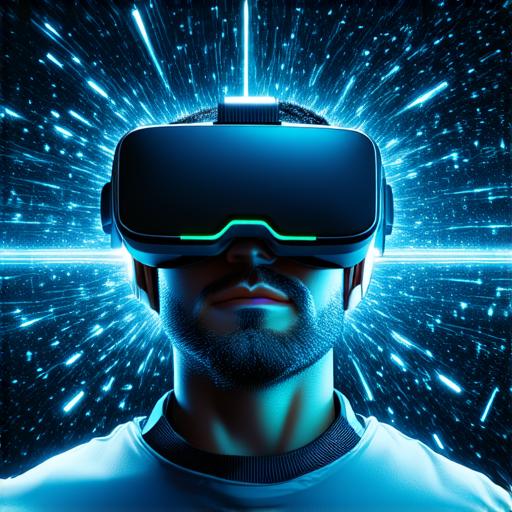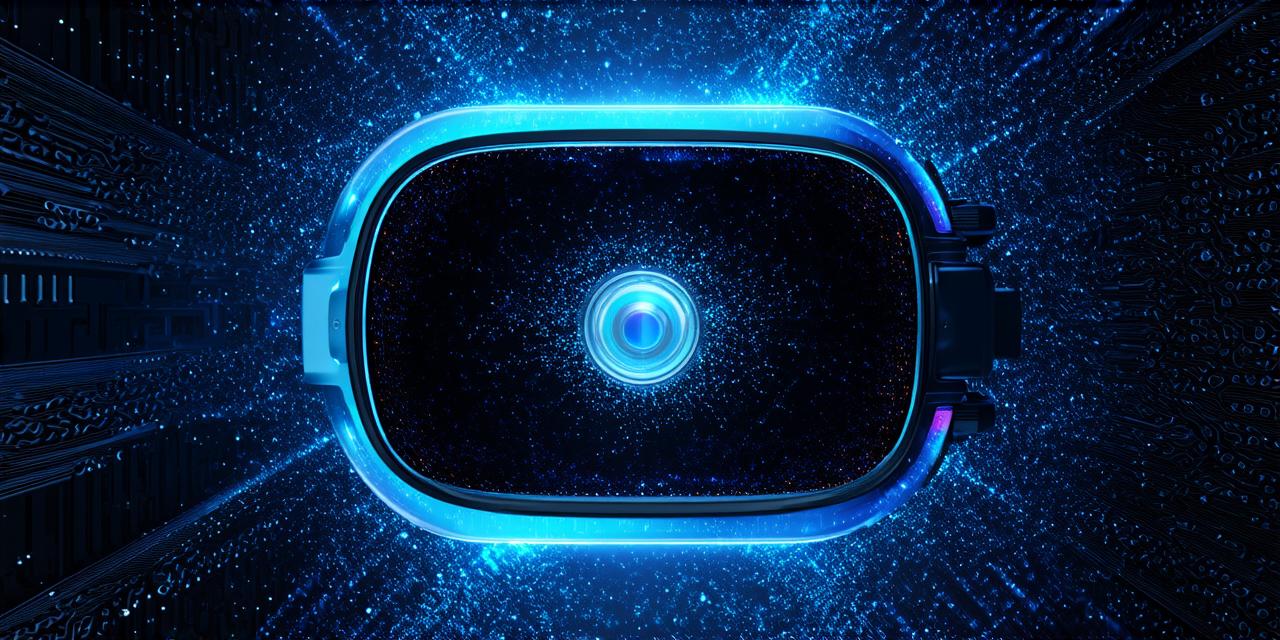Virtual reality (VR) is a rapidly growing technology that allows users to experience an artificial world in a way that feels real. It’s used in gaming, education, and even therapy, but what if we could take it to the next level with quantum virtual reality?
Quantum virtual reality is a new form of VR that leverages quantum mechanics to create immersive experiences unlike anything we have seen before. By harnessing the power of quantum physics, quantum virtual reality promises to revolutionize how we interact with digital worlds and push the boundaries of what’s possible in gaming, entertainment, and other industries.
How does quantum virtual reality work?
Quantum virtual reality relies on a combination of traditional VR hardware, such as headsets and sensors, and quantum computing technology. The idea is to use quantum mechanics to create an artificial world that feels real and immersive to the user, even if they are physically located in a different part of the world.
One way this can be done is by using quantum entanglement to create a sense of presence in the virtual world. Entanglement is a phenomenon in which two particles become linked together and can affect each other’s behavior even when separated by great distances. In quantum virtual reality, this concept could be used to create a feeling of immersion that goes beyond traditional VR technology.
Another way quantum virtual reality works is through the use of quantum algorithms. These are mathematical formulas designed specifically for quantum computers that can solve problems much faster than traditional computers. By leveraging these algorithms, quantum virtual reality can simulate complex systems and interactions in real-time, creating a more realistic and immersive experience for users.
Why is quantum virtual reality important?
Quantum virtual reality has the potential to revolutionize a wide range of industries, from gaming and entertainment to healthcare and education. By leveraging the power of quantum mechanics, it can create experiences that are more immersive, realistic, and engaging than anything we have seen before.
In the gaming industry, for example, quantum virtual reality could allow users to experience a level of interactivity and realism that was previously impossible. Imagine being able to explore a virtual world in which your actions have real-world consequences, or being able to interact with characters in a way that feels natural and intuitive. These are just some of the possibilities that quantum virtual reality could make possible.
In healthcare, quantum virtual reality could be used for training medical professionals in complex procedures or simulations. It could also be used as a tool for therapy, allowing patients to experience immersive environments that help them cope with conditions like PTSD or anxiety disorders.

In education, quantum virtual reality could allow students to learn in ways that are more engaging and interactive than traditional classroom settings. Imagine being able to take a virtual field trip to ancient Egypt or to the depths of the ocean without ever leaving your classroom. These experiences could help students develop a deeper understanding of the world around them while also providing them with valuable skills like problem-solving and critical thinking.
Real-life examples of quantum virtual reality in action
There are already several companies working on developing quantum virtual reality technology, including Microsoft, IBM, and Google. One of the most exciting projects is Microsoft’s Quantum Katas, which uses quantum algorithms to simulate complex systems and create immersive experiences for users.
Another example is IBM’s Quantum Experience, which allows users to experience quantum computing simulations in a virtual reality environment. This tool could be used to train developers in quantum programming or to help researchers explore the potential applications of quantum mechanics in various fields.
Finally, Google has been working on developing a quantum-based VR headset called the Quantum Daydream, which uses quantum algorithms to create realistic and immersive environments. While it’s still early days for this technology, it shows the potential for quantum virtual reality to transform how we interact with digital worlds.
